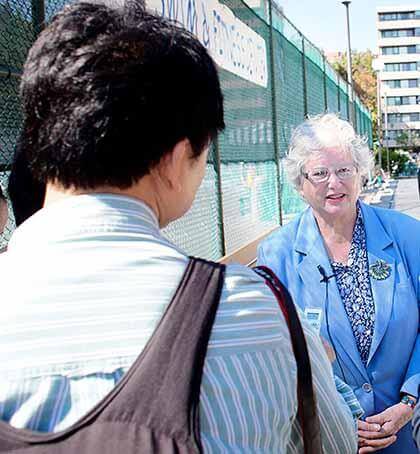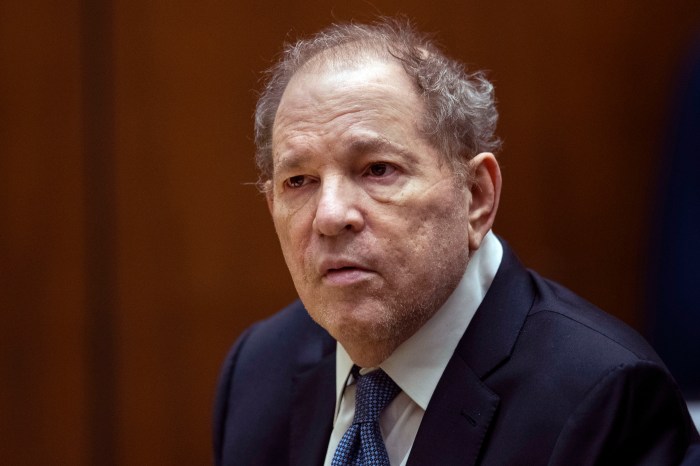By Connor Adams Sheets
Candidates and political observers have begun to make their assessments about what happened this election season to lead to the easy re-election of state Sen. Toby Stavisky (D-Whitestone).
As is often the case in politics, money, anger and apathy were key to the results, some said, while Stavisky highlighted her focus on issues rather than divisive rhetoric.
Stavisky took 45 percent of the vote, beating challengers Isaac Sasson, a former chemistry professor and researcher from Flushing who won millions in the state Lottery and got 34 percent of the vote, and John Messer, an Oakland Gardens lawyer and former city employee who received 21 percent of the vote.
Both challengers spent more than $100,000 of their own money on their campaigns, and Stavisky said that demonstrates the need to restrict campaign spending and the fact that money does not necessarily translate into votes.
“There is an obscene amount of money that was spent. It demonstrates the need for campaign finance reform, which I am already co-sponsoring in Albany,” she said. “Issues beat money, and I think the voters realize that if you discuss the issues and you have done a good job as a legislator, voters understand this. I can only account for my actions and I ran a positive campaign where I talked about the issues, not about my opponents.”
James McClelland, a strategist who worked as a campaign consultant for Sasson during the beginning stages of his campaign, said that money could not overcome the resources a longtime elected official like Stavisky, with the backing of the Queens County Democratic Organization, has at her disposal.
“Stavisky has the machine, boots on the ground. She has people who have been doing this for 30, 40 years,” he said. “They know how to win elections.”
But the key factors in the race may have been more based in the fact that there were two challengers and the low voter turnout, which hurts challengers, McClelland said.
“John Messer was a wild card and his entry ended up hurting Isaac. People either are going to vote for the incumbent or for the insurgent and Messer and Sasson split the insurgent vote. If Messer wasn’t in it, Sasson would’ve won. Messer was the spoiler,” McClelland said. “And at the end of the day, turnout was abysmal. It affects the insurgents.”
Sasson, who has not officially conceded to Stavisky, seconded McClelland’s sentiment regarding the anti-incumbent sentiment.
“What is obvious is that the majority of those who voted rejected the incumbent,” Sasson said.
Messer said that since the election ended, he has started a nonprofit called the Center for Economic and Community Advancement, which will do work in the community, and that he is “here to stay” and will likely run for election again.
He said last-minute attacks were detrimental to his chances, especially as a newcomer who did not have the time in his five-month campaign to introduce himself to every voter.
“People who know me were not influenced by the [attacks], but people who did not know me personally … they may have been influenced,” he said. “It’s OK. The fact that so many people e-mailed me and were touched by what we did — that made it all worthwhile.”
Stavisky faces Robert Schwartz in the Nov. 2 general election. Schwartz, who is running only on the Conservative line, has not made a known public appearance so far this election cycle, and his campaign only had $10 as of July 10, according to campaign finance filings.
Reach reporter Connor Adams Sheets by e-mail at csheets@cnglocal.com or by phone at 718-260-4538.































